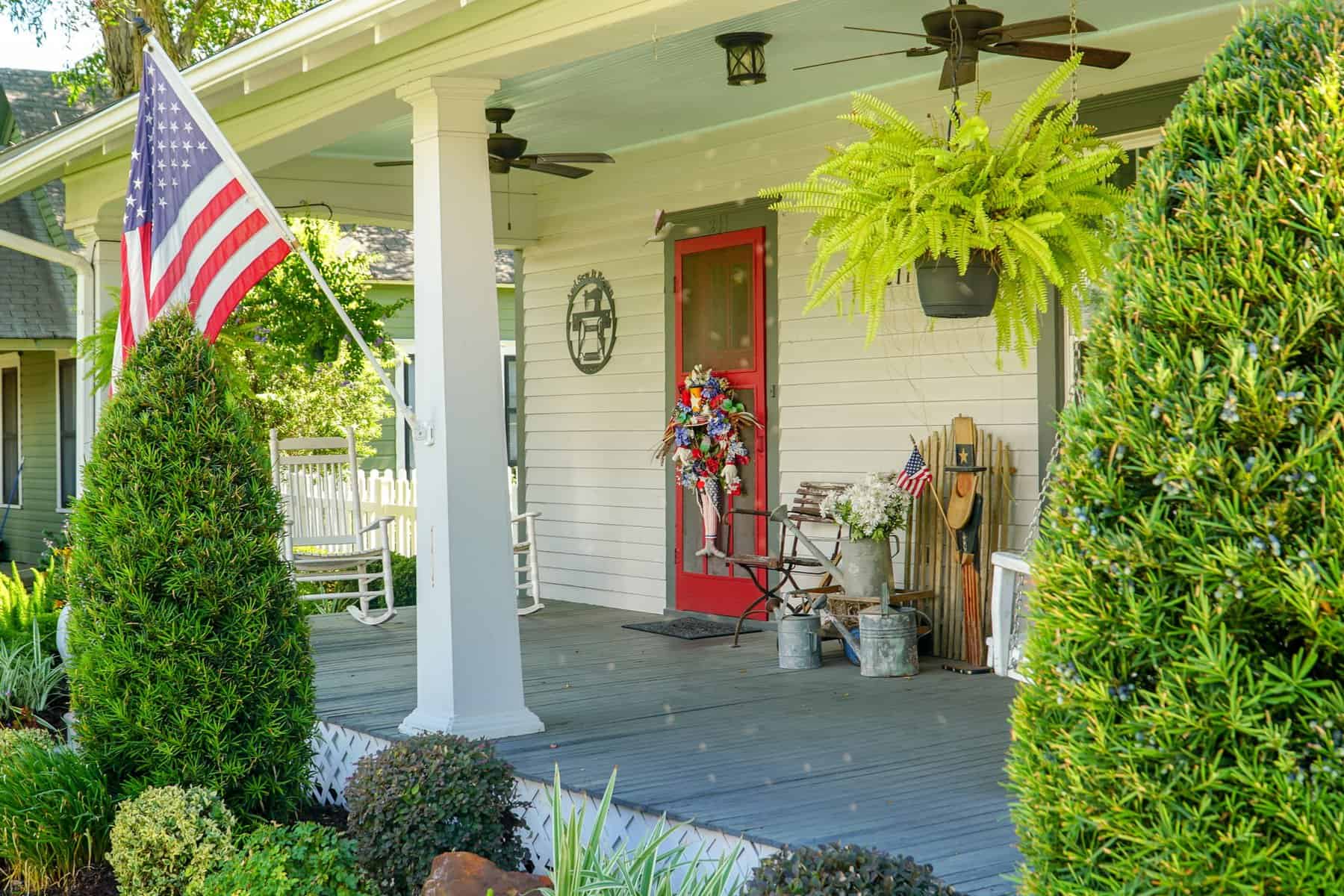What Are The Closing Costs For Sellers in Texas?
July 27, 2022
Selling a house in Texas may seem like a simple enough transaction, but there are a number of hidden costs that catch you off guard if you’re not prepared for them. As a Texas home seller, closing costs are one of the main expenses you’ll need to budget for. While closing costs vary depending on the sale price of your home, location, and other factors, they are almost always going to be a part of the equation. So, what exactly are seller closing costs in Texas? In this blog post, we cover the closing costs of selling a house in Texas and how you can prepare for them.
The Home Seller Closing Costs in Texas
The closing process is the final step in a real estate transaction. This is where the seller and buyer sign a real estate contract and all the necessary paperwork is finalized. Once the seller has signed over the deed to the property, the transaction is complete and the buyer becomes the new owner. During this process, the buyer and the seller have to pay closing costs in order to complete the mortgage and sale process. Buyers and sellers pay for different closing costs. As the seller, you can expect to pay for things like:
- Title Search and Insurance
- Mortgage Payoff/Prepayment Penalties
- Prorated Property Taxes
- Debts Owed on Property
- Settlement Fees
- Attorney Fees
Home buyers pay the bulk of closing costs, which typically consist of mortgage-related fees, such as loan origination and appraisal fees. But as the seller, you can expect to pay a few thousand dollars in closing costs with most of the fees coming from paying the commission of both the buyer’s and seller’s agents. Here is some of what home buyers pay for at closing:
- Mortgage Costs
- Home Inspection
- Appraisal
- Insurance (If Down Payment Is Less Than 20%)
- Survey
- Pest Inspection

Closing Costs of Selling a House in Texas
Closing costs can vary depending on the purchase price of your home, location, and other factors. In general, the total closing costs in Texas tend to be between 8% to 14% of the total sale price of your home. So, if you’re selling your home for $200,000, the total closing costs from buyer and seller would be from $14,000 to $28,000. However, since buyers and sellers usually split these costs, the buyers usually only pay 3% to 4% of the home’s purchase price and the seller pays 5% to 10%. In the example used above, the buyer would pay $6,000 to $8,000 at closing while the seller would pay $10,000 to $20,000.
Part of the reason sellers usually pay more in closing costs is that they are also responsible for paying the real estate commission for both the listing agent and the buyer’s agent. Here are a few of the other fees the seller is typically responsible for paying at closing.
Title Search
This fee covers the cost of searching public records to make sure the seller is the actual owner of the property and that there are no outstanding liens or claims on the property.
Title Insurance
Title insurance protects the buyer from the problems that could arise from any unknown issues with the property’s title. A title insurance policy in Texas typically costs from 0.6% to 0.9% of the house’s sales price. The fee can be negotiated to be paid for by the seller or buyer but the seller is known to pay for it.
Mortgage Payoff/Prepayment Penalties
Unless your house is paid off in full and you don’t have a mortgage, you’ll need to factor in the cost of paying off your mortgage when you sell your home. The mortgage that’s currently on your home is no longer needed once it’s sold. However, a lot of mortgage lenders have a penalty fee for paying off a mortgage early. The prepayment penalty fee varies by lender but typically is a small percentage of the outstanding principal amount.
Prorated Property Taxes
Unfortunately, the seller or homeowner is not off the hook for property taxes just because the property is being sold. The seller is still responsible for paying their property taxes due for the current year and the previous year if they have not paid those taxes yet. If you are selling your house halfway through the year and the annual property taxes are $2,275 (the average Texas property tax), then you’d pay half of that cost on closing day.
HOA Fees
33% of Texas homeowners or 2 million homes are under an HOA. HOA fees are a monthly or annual charge that is used to maintain the common areas in a neighborhood like the pool, clubhouse, and parks. The seller will need to make sure that they are up-to-date with their HOA fees because if they’re not, the HOA is capable of putting a lien on your home, which can ruin any sales.
Read More: What is The Purpose of an HOA?
Settlement Fees
This fee goes to the title or escrow company for handling the title or funds related to the sale of your home on closing day.
Attorney Fees
Texas doesn’t require real estate attorneys to be present at closing like some other states do. So if you choose to have an attorney represent you at closing, their fees will be added to your total closing costs.
Paying The Real Estate Commission
The largest seller closing costs in Texas are typically real estate commissions. The seller pays for the real estate agent’s commission of the listing agent that they worked with and the agent that worked with the buyer to purchase their house, otherwise known as a buyer’s agent. The standard total real estate commission in Texas is 6%, with 3% going to the buyer’s agent, and the other 3% going to the listing agent. The seller uses the funds from the home sale to pay for these commissions and often adds the commission fee to the total purchase price for the house.
Read More: How Much Is The Commission Of A Real Estate Agent and Who Pays For It?
Ways To Reduce Closing Costs in Texas
There aren’t many ways to get out of paying for closing costs. Some of the seller’s closing costs are required by Texas law, mortgage lenders, and others are just good practice. It is possible to negotiate with the buyer to see if they’re willing to pay for some of the seller’s closing costs. However, this may only make finding a buyer for your house more difficult.
If you need to lower your closing costs, the best way is to negotiate a lower commission for the agent. 6% is the standard commission for real estate agents in Texas but many agents accept a lower commission rate depending on the situation. Another way to lower your closing costs is by selling your house for cash. When you sell your home for cash, there are no real estate commissions and oftentimes, the buyer will purchase the house as-is without any repairs required. But, selling your house for cash can be dangerous if you don’t take the right precautions. Check out our blog about the precautions to take when selling your house for cash.
Selling your house in Texas? Then you’ll need a high-quality real estate agent to help you find a buyer and negotiate the best possible terms for a real estate deal. Negotiators are a new type of real estate organization that streamlines your search for a high-quality real estate agent. These agents have proven themselves to be top performers in their local real estate markets and as leading experts when it comes to buying or selling a house. Search to find a Texas Negotiator here.

